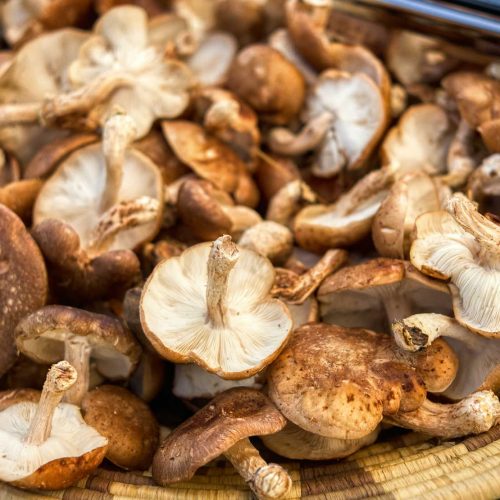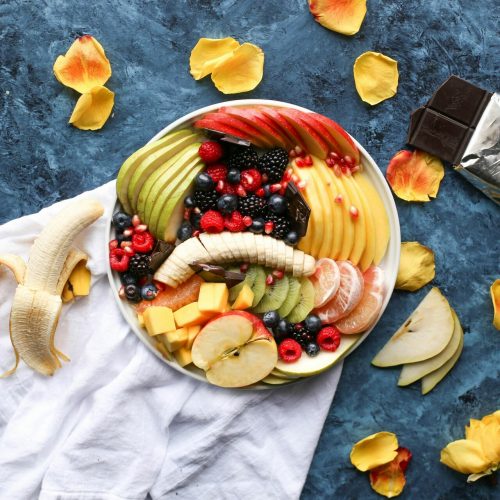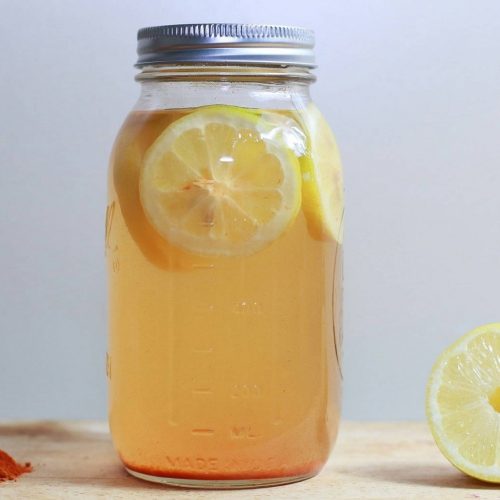Why and How Japanese Are Fighting Against Food Waste
Despite the mottainai or "waste not, want not" term popular within society, food waste is still a huge problem in Japan. Japan’s food waste is dubbed as the highest per capita in Asia. One of the factors is the Japanese lack of knowledge about food sustainability. Will the pandemic change the Japanese attitude towards food waste?
Japanese food is no stranger to the world's culinary map. Some Japanese restaurants even awarded three Michelin stars, including the renowned Sushi Saito and Sukiyabashi Jiro in Tokyo. But Japan’s food waste also makes a highlight globally as it is dubbed as the highest per capita in Asia, according to the Japanese Ministry of Agriculture, Forestry and Fisheries data. Japan's food waste disposed of more than 6 million tonnes, which cost the economy some 2 trillion yen ($19 billion) per year. Now, the Japanese government forcing even more companies to seek solutions and applied a new law to halve cost from 2000 levels by 2030.
Japanese food waste comes from various sources, including 3.28 million ton from the food manufacturing industry, foodservice and other business. Whilst household contributes 2.84 million tons. The government data also shows that the weight of food loss per person is equal to a bowl of rice. Miica Fran, a creator of an experimental zero-waste kitchen, tells Japan Times; she believes that the Japanese are not familiar with the sustainability issue, including education about food waste. "When they go to the supermarket, food is always there. They haven’t experienced it not being there. I was the same. I didn’t think about it,” says Miica further.
In response to that, in March 2020, an Act on Promotion of Food Loss and Waste Reduction approved by the cabinet. It states that people should actively engage in cutting down food loss and waste. Everyone in society should foster an attitude of not easily throwing food away, facilitating the use of food that still can be consumed, and encouraging every actor to play a role in promoting the reduction of food loss and waste. Besides, it urges the consumer to only buy food ingredients based on what they need, and of course, not to order too much food when they eat out, which we usually tend to do, especially in the buffet.
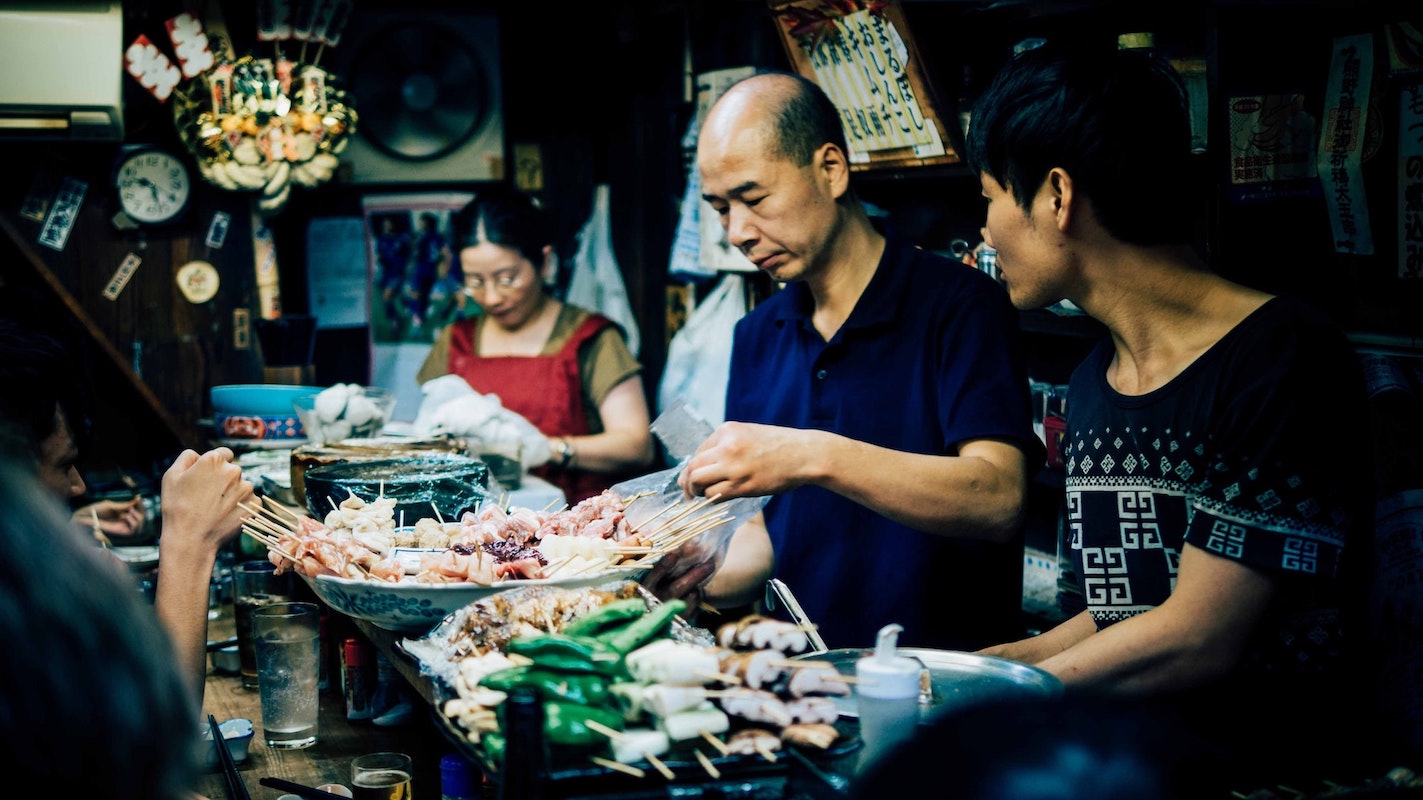
COVID-19 AND RE-EXAMINATION OF FOOD WASTE
When the Covid-19 came into effect at the beginning of 2020, the supply chain was having a tough time, including the food industry. Numbers of restaurants were forced to close-down, and many people asked to stay at home. The market is disappearing and making the producers suffers. On top of that, the schools were closed, which made the suppliers left with ingredients for millions of school meals.
Shoin Shin, the CEO of InSync, straight away thought about the implication of the Covid-19 and had an idea to directly connect the producers and the consumers. Thus, they launched Wakeari, a service where those with surplus stock could list their products at a discounted price. In this service platform, producers could post product's photos along with their heartfelt stories. One of the producers who live in Kyoto prefecture writes that he has nowhere to sell his chicken, and he feels sorry that he has to discard the chicken.
Last year in October, Wakeari joined hand with an organization that works in a similar cause, named Facebook Corona Shien. Both now merged as WakeAi, which has 360,000 members and is selling from premium quality beef to seaweed. Numbers of big food manufacturers are currently collaborating with WakeAi to prevent the stock from going to waste. The result was an online food bank that sent provisions to 200 single-parent households last January. This good cause will continue as part of the company's social responsibility.
This pandemic has shifted the Japanese perspective on food waste, and it seems they are now more appreciating the art of mottainai. Food-waste was considered as part of the business, but now the mindset has changed. The indication is the increased numbers of online platforms that provide a similar service to WakeAi, with the amounts of registered buyers rising day by day. The question is whether this attitude will sustain after the pandemic passes.
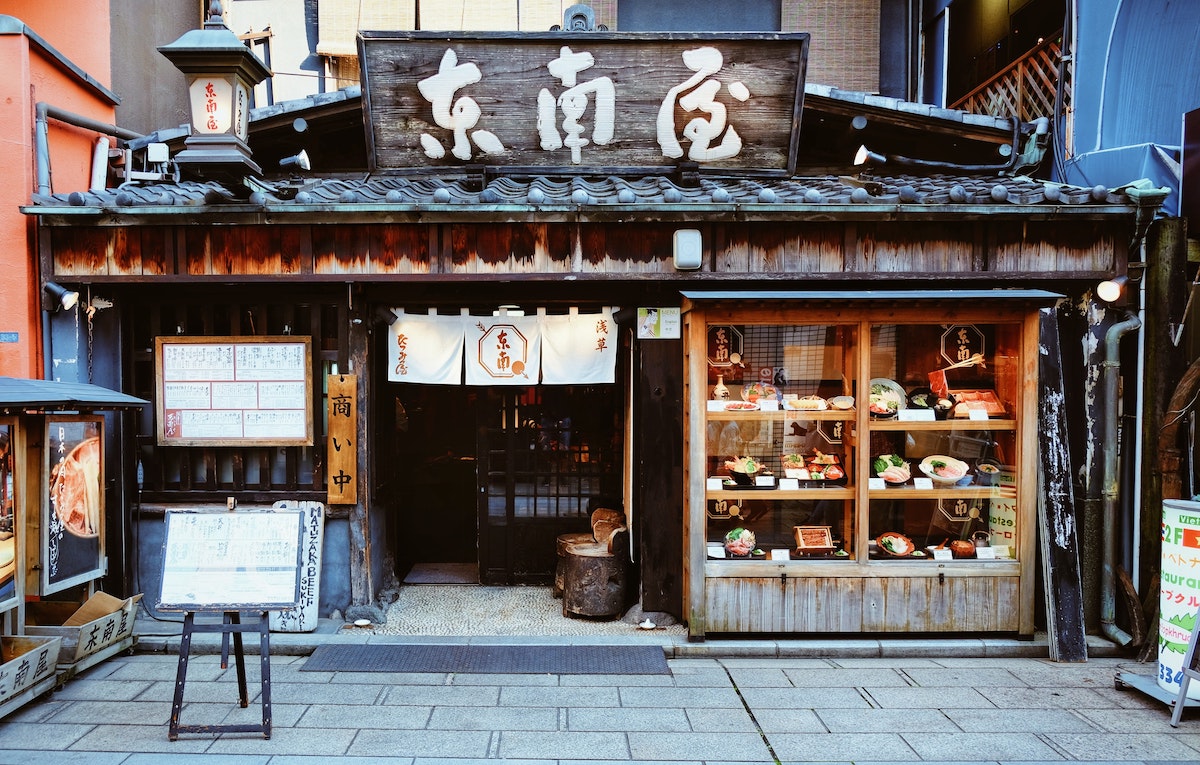
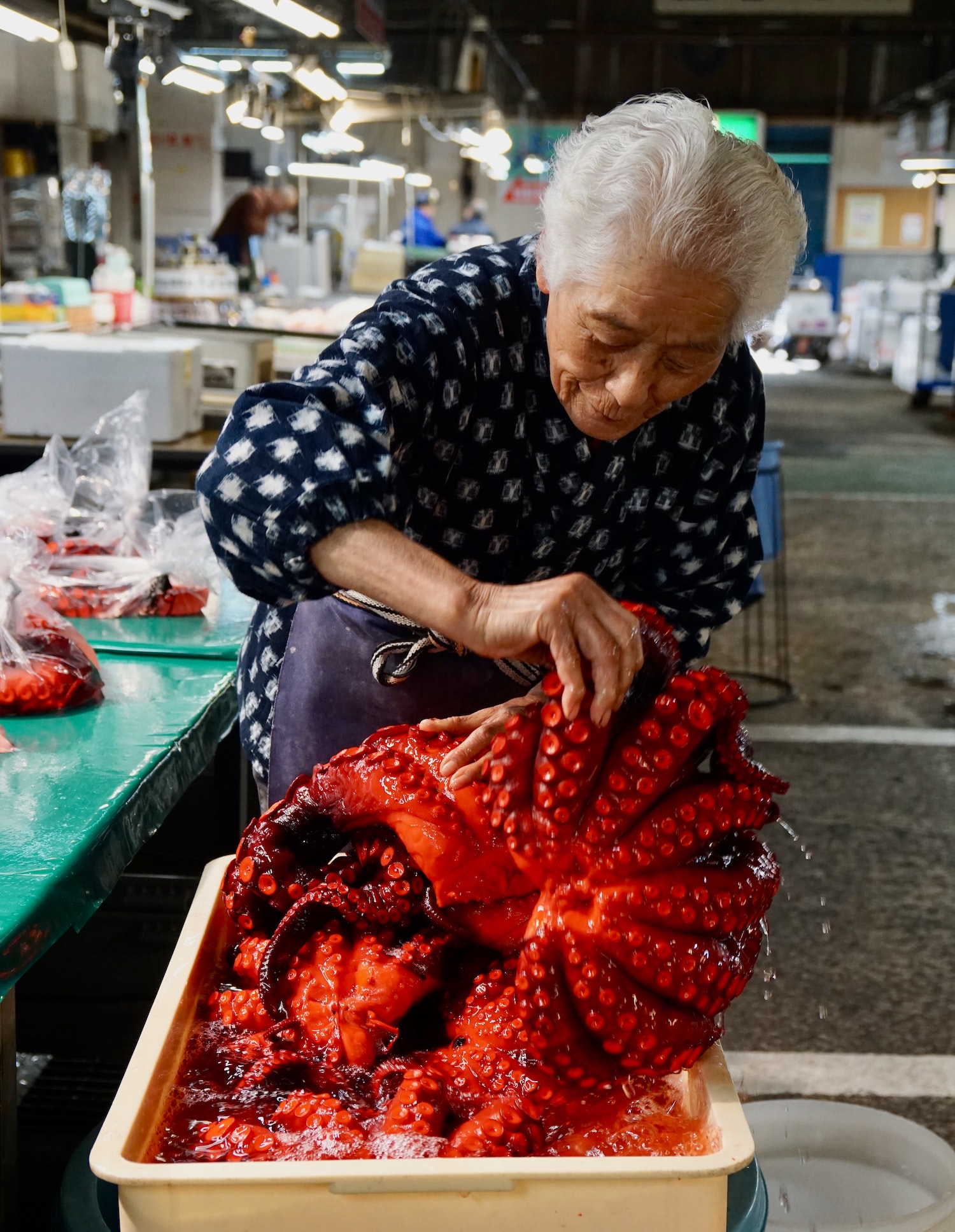
JAPANESE CLEVER METHOD
Taichi Isaku, the founder of CoCooking, believes that the trend will last. The reason behind this is because the food industry has been forced to adapt to technology. In an interview with Japan Times, he states: "Many people are aware of food waste and want to reduce it, but it is difficult on a daily basis. We need to build a way for consumers to choose ethically and make that choice natural.”
Japanese is known as tech-savvy people, which goes to the way they run the business. Today the Japanese companies are ramping up the use of artificial intelligence (AI), and this way, they are opting to score some sustainability points in the long run. Convenience store chain Lawson Inc has started using AI from the U.S. firm DataRobot. This technology can estimate how much product on shelves. Lawson aims to cut down overstock by 30%; for Lawson, food waste disposal is the second-highest cost after their labour cost.
Another company that is experimenting with AI product is drink maker Suntory Beverage & Food Ltd. They confess that it has been time-consuming to check if the bottles of oolong tea or mineral water have been damaged while shipping. Using AI, the company expects to reduce the return of good by 30-50% and cut the cost of food waste.
Mirror what has been happening in Japan, this pandemic has given us, the consumers, a proper peek into the wider food supply chain while reflecting on ourselves about our attitude towards food consumption and food waste, especially at home. Shifting the mindset towards sustainability is indeed a much-needed action.

+ Words: Alvia Zuhadmono, Luxiders Magazine
Sustainable communication student | Sweden-based writer
Connect with her on LinkedIn

